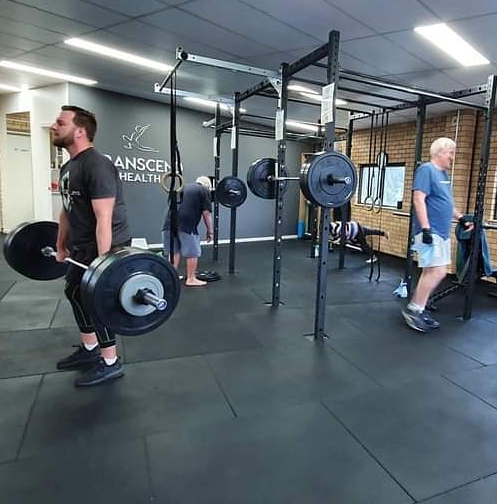Physiotherapy, also known as Physical Therapy or Occupational Therapy, is a branch of medicine that focuses on the repair and restoration of physical mobility in patients who have suffered some type of physical trauma. The physiotherapist uses their knowledge of human anatomy and special tools (bars, balls, and exercise machines) to create repetitive sets of movements designed to relieve pain or restricted mobility caused by illness or injury.
Most of these professionals work in hospitals, clinics, and other health centers dedicated to this medical specialty. However, as with other specialties of Medicine, Physiotherapist has subcategories that vary according to the origin of the injury and the treatment required, among them the following stand out: sports, orthopedic, cardiovascular, pulmonary, geriatric, pediatric Physiotherapist, aquatic, among others. In the case of those specialized Physiotherapist, it is common for them to work in an environment close to that of their patients, such as sports centers and retirement homes. Likewise, a large number of these professionals choose to work independently or independently.
Principal functions of Physiotherapist

Here are the most common functions of a Physical Therapist:
- Design and implement a personalized treatment plan for each patient in order to alleviate their pain and restore their physical mobility:
- Read and analyze medical reports to determine the best treatment to follow.
- Perform an initial assessment of the patient’s mobility.
- Design a treatment plan aimed at rehabilitating the patient.
- Assist patients in performing various exercises designed to help them regain mobility.
- Instruct patients and their families to carry out exercises and routines designed to be practiced at home to improve their results.
- Keep a record of the improvements, diagnosis, and goals achieved by the patient.
- Consult with medical professionals to monitor the progress of the therapy and redesign the rehabilitation program if necessary.
- Discharge patients once they have achieved the established goals.
- Be up to date with the latest techniques, achievements, and treatments in Physiotherapy:
- Attend and participate in seminars, conferences, and congresses together with other professionals in your field to share new methods and treatments.
Daily tasks

- Caring for new patients and analyzing their medical history to design an appropriate treatment plan.
- Apply treatment to patients following a pre-established program and medical instructions or recommendations.
- Follow up on the history, diagnosis, treatment, and medical improvement of patients.
- Evaluate the progress of each patient until the end of treatment.
Candidate profile

- Communication skills:
- Communicate clearly, especially verbally, to establish a comfortable and transparent environment for patients and their families, responding to their concerns if they have any.
- Being able to give clear instructions to patients for the follow-up of their treatments.
- Having a vocation for service and setting high standards for the care and safety of the patient, trying to provide a dignified and respectful treatment at all times.
- Sense of empathy, compassion and altruism:
- Be sensitive to the needs of patients.
- Having the innate ability to make other people feel valued.
- High levels of manual dexterity, motor coordination and physical strength:
- Pay attention to details, have manual skills and visual coordination.
- Have the physical strength to lift and carry patients when necessary.
- Assist and sometimes carry those patients with limited mobility.
- Professionalism and ethics.
- Great sense of dedication, commitment and responsibility.
In order to practice as a Physiotherapist, you must have completed a diploma in Physiotherapy, Physical Therapy or other related studies. Likewise, candidates with at least one year of work experience are required, so it is advisable to start professional practice as an Assistant or Assistant to an experienced Physiotherapist, which will allow the individual to develop the skills necessary for the trade.
Additionally, it is essential that every Physiotherapist, Physical Therapist or Occupational Therapist has the ability to adapt to constantly changing situations since the attitude of each patient usually changes regularly and is an aspect that can affect their rehabilitation process; In this sense, the individual must be distinguished by his capacity to have empathy towards others, he must be patient and be an innate observer.
Finally, it is recommended, in order to stay informed about the applicable legislation and the good practices of the profession.
You may be interested in reading:
